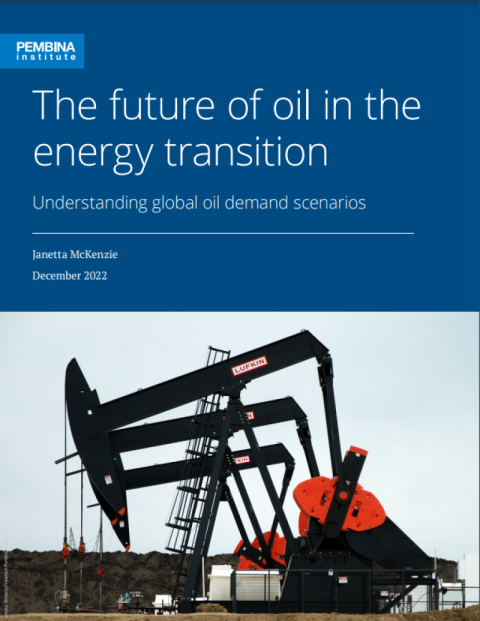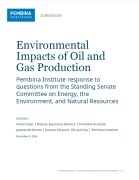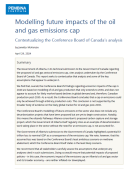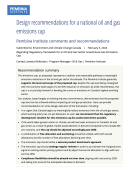For the first time, a range of oil demand scenarios — including those created by industry, international organizations, and research institutes — project that, if the current pace of climate policy action continues, global demand for oil will peak before 2030 and decline steadily afterwards.
These projections are largely based on the continued and accelerated uptake of electric vehicles, as well as environmental policies around plastic use and recycling, both of which lead to less oil being required for the transportation and petrochemical sectors (two key sources of current demand). Additionally, an increasing number of countries are committing to and developing netzero targets and economy-wide plans to reach those targets.
Several scenarios indicate that the actions governments have already taken (or have committed to take in the short term), combined with macro-level economic trends, will likely result in a longterm decline in global demand for oil beginning before 2030. The energy transition has been gaining momentum since the adoption of the Paris Agreement in 2015, and the International Energy Agency’s latest World Energy Outlook shows that, despite upheaval in the global energy system in 2022 caused by the Russian invasion of Ukraine, the transition is accelerating as countries realise the energy security benefits of renewables.
This growing consensus on the near future of declining oil demand provides important indicators for Canada’s governments and its oil production sector. These scenarios appear to demonstrate the inherent risks involved in investing public or private capital in an industry facing demand challenges, and underscore the need for Canadian oil companies to urgently improve their emissions credentials to remain competitive in a net-zero energy world of the near future, where demand is projected to decline.






